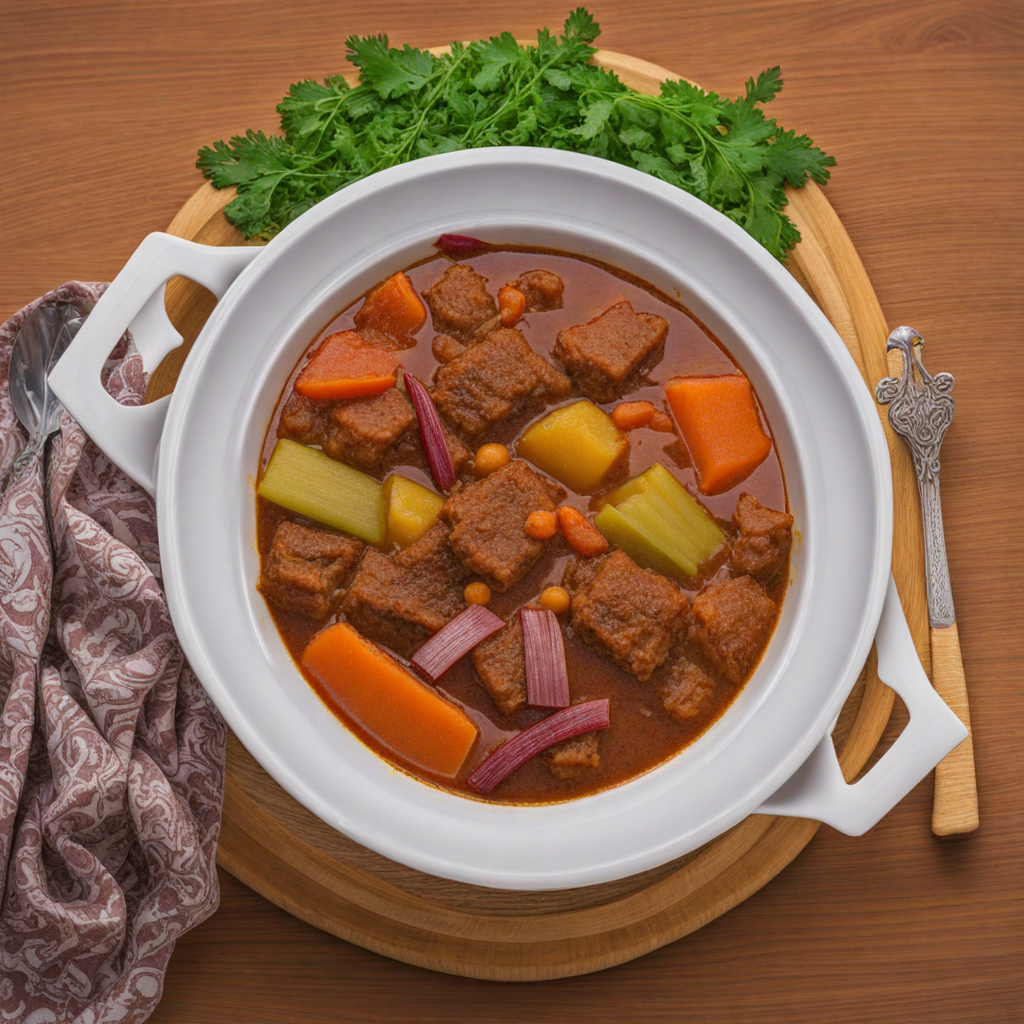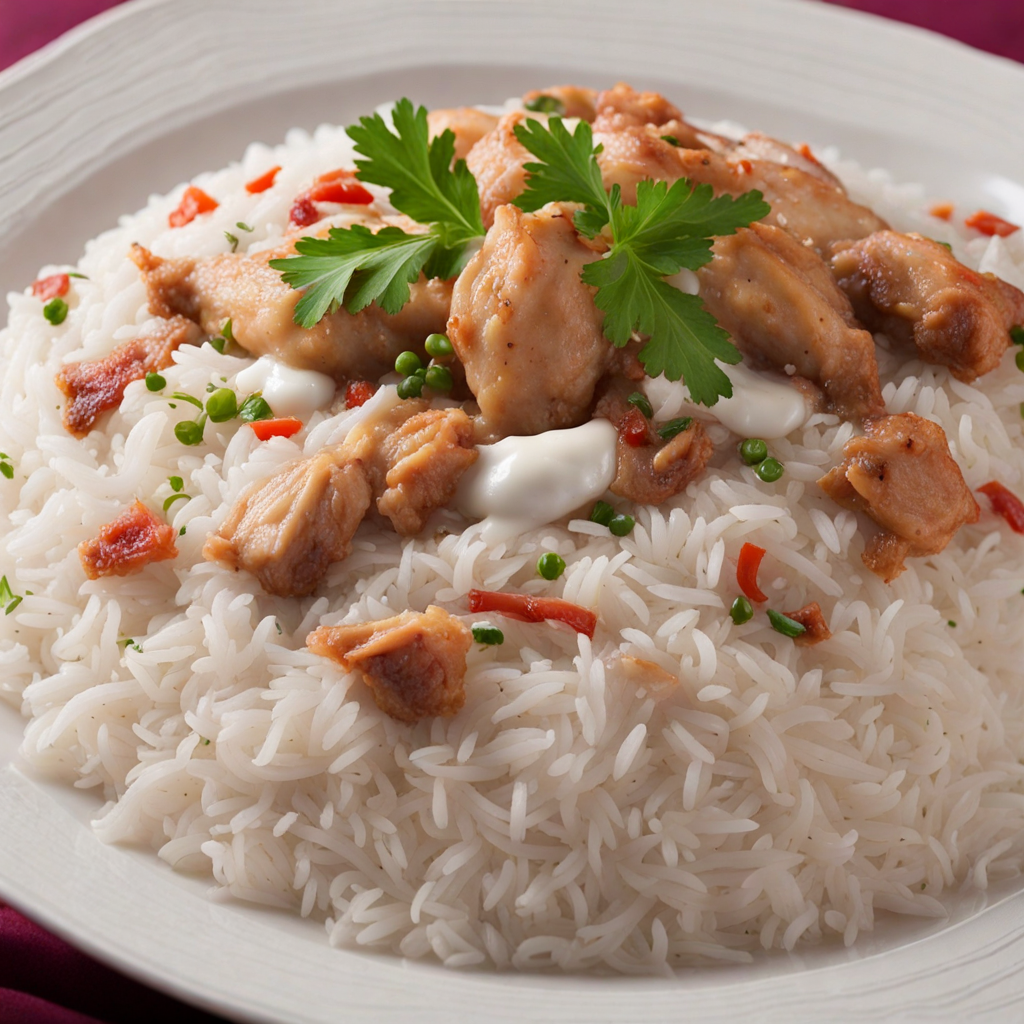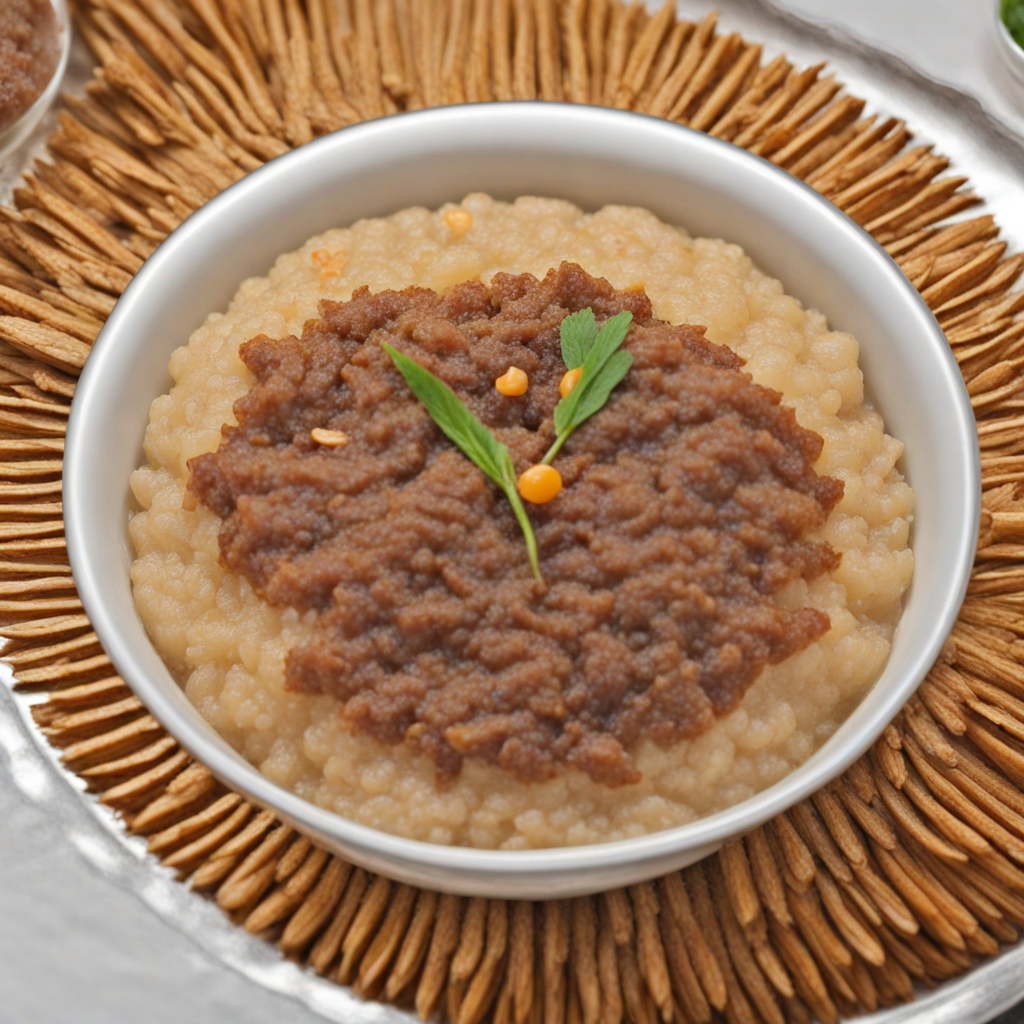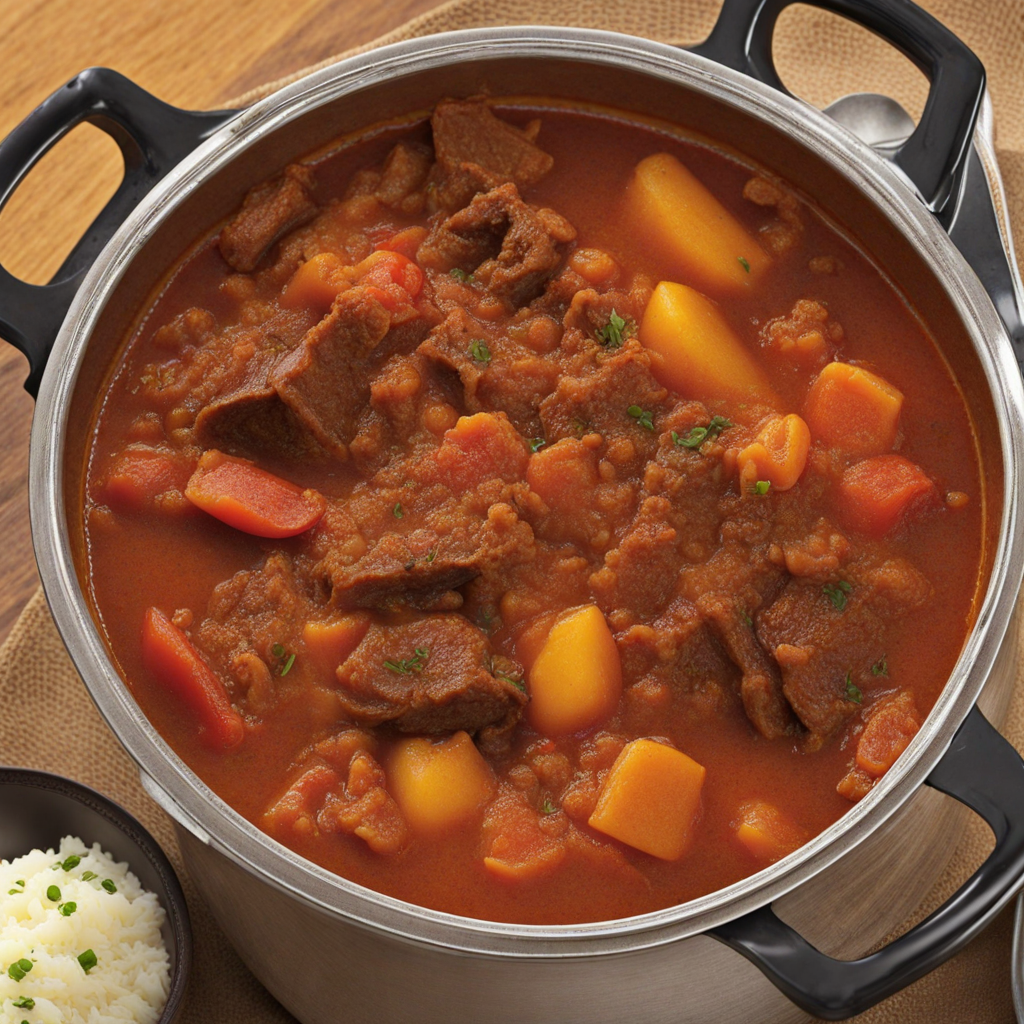Gahwa
Gahwa is a traditional Qatari coffee that embodies the rich cultural heritage of the Gulf region. This aromatic beverage is typically made from lightly roasted Arabica beans, which are ground to a fine powder. The preparation of Gahwa is an art in itself, as it often involves the slow brewing process in a traditional coffee pot known as a "dallah." The result is a smooth and delicate coffee that is enjoyed without the bitterness often associated with darker roasts. Its unique flavor profile is enhanced by the addition of spices such as cardamom, saffron, and sometimes rosewater, creating a fragrant experience that tantalizes the senses. Served in small cups, Gahwa is more than just a drink; it’s a symbol of hospitality and tradition in Qatari culture. When offered to guests, it is typically accompanied by dates or sweets, providing a delightful sweet contrast to the subtly spiced coffee. The ritual of serving Gahwa is steeped in tradition, and it is common for the host to refill the cup only when the guest indicates they would like more, often by tilting the cup. This practice emphasizes respect and attentiveness, making the experience of enjoying Gahwa a social event as much as a culinary one. For those eager to explore new tastes, Gahwa presents a unique opportunity to engage with Qatari culture. The combination of spices and the light roast creates a flavor that is both comforting and exotic. Whether enjoyed in a bustling café or in the tranquility of a home, Gahwa offers an inviting warmth that encourages connection and conversation. Its rich history and the ritual surrounding its preparation invite drinkers to partake in a moment of cultural appreciation, making it a must-try for anyone looking to expand their palate.
How It Became This Dish
The Rich History of قهوة (Qahwa) in Qatar #### Origins of Qahwa The story of قهوة (qahwa), or Arabic coffee, begins in the highlands of Ethiopia, where it is believed that coffee plants were first discovered. By the 15th century, coffee had spread to the Arabian Peninsula, particularly in Yemen, where it became an essential part of social and cultural life. The word "qahwa" originally referred to wine, but as coffee began to gain prominence, the term evolved to describe this new beverage. In Qatar, as in other Gulf states, coffee quickly became a symbol of hospitality and social interaction, deeply woven into the fabric of daily life. The introduction of coffee in Qatar is thought to have occurred in the 16th century, coinciding with the rise of trade routes that connected the Middle East with the rest of the world. Traders and travelers brought coffee beans to the region, where they were roasted and brewed in varying styles, eventually leading to the distinct preparation methods we see today. #### Cultural Significance Qatari culture places great importance on hospitality, and qahwa is at the center of this tradition. Serving coffee is a ritual that signifies welcome, respect, and generosity. In Qatari homes, it is customary for the host to serve qahwa to guests in small cups, often accompanied by dates or other sweets. The act of serving coffee is a moment to establish connections and foster relationships, whether in family gatherings, formal events, or impromptu visits. The preparation and serving of qahwa is steeped in tradition. Traditionally, it is brewed in a special pot called a "dallah," which is often ornately designed, symbolizing the wealth and status of the owner. The coffee is typically made from lightly roasted beans, which produce a milder flavor compared to darker roasts. Spices such as cardamom, saffron, and sometimes cinnamon are added, enhancing the flavor profile and elevating the beverage to an art form. In Qatari society, the preparation of qahwa is often a communal activity, with family members gathering to roast and grind the beans before brewing. This collective effort reinforces family bonds and cultural identity, as the preparation process is passed down through generations. The consumption of qahwa is more than just drinking coffee; it is a cultural ritual that embodies the values of hospitality, community, and tradition. #### Development Over Time As Qatar underwent significant transformations in the 20th century, particularly with the discovery of oil, the role of qahwa evolved alongside the country’s modernization. The influx of wealth and the rapid development of infrastructure led to an increasingly cosmopolitan society. While the traditional methods of preparing and serving qahwa remained, influences from various cultures began to intermingle. In urban areas, coffee shops began to emerge, offering a modern twist on the traditional experience. These establishments often blend local customs with international coffee trends, providing customers with a range of options that include espresso, cappuccinos, and even the popular Turkish coffee. However, the traditional qahwa still holds a special place in the hearts of many Qataris, serving as a reminder of their roots and heritage. The Qatari government has also played a role in promoting the cultural significance of qahwa. Efforts to preserve and celebrate traditional practices have included cultural festivals and events, where qahwa is served in abundance. These gatherings highlight the importance of qahwa in Qatari heritage and offer opportunities for younger generations to learn about its history and significance. #### Global Recognition and Influence As Qatar emerged on the global stage, particularly with the hosting of international events such as the FIFA World Cup and the Qatar National Day celebrations, the country's culinary traditions gained international attention. Qahwa has become a symbol of Qatari identity, celebrated not just locally but also internationally as part of the broader Arab cultural experience. Moreover, the global coffee culture has increasingly embraced qahwa, with many coffee enthusiasts seeking out traditional Arabic coffee for its unique flavors and preparation methods. Specialty coffee shops around the world now offer qahwa, introducing new audiences to its rich history and cultural significance. This globalization of qahwa has also led to innovations in its preparation and presentation, blending traditional elements with contemporary styles. #### Conclusion In conclusion, the journey of قهوة (qahwa) in Qatar is a fascinating tale of cultural evolution, deeply rooted in the country’s history and social practices. From its origins in Ethiopia to its establishment as a symbol of hospitality in Qatari society, qahwa has transcended generations, adapting to the changing landscape while retaining its essential role in fostering community and connection. As Qatar continues to evolve in the 21st century, the importance of qahwa remains steadfast. It serves as a bridge between the past and the present, a reminder of the values of hospitality, generosity, and tradition that Qatari culture cherishes. Whether enjoyed in a traditional setting or a modern café, qahwa is not just a beverage; it is a celebration of identity, a testament to history, and an ongoing narrative that connects generations of Qataris to their roots and to each other.
You may like
Discover local flavors from Qatar







